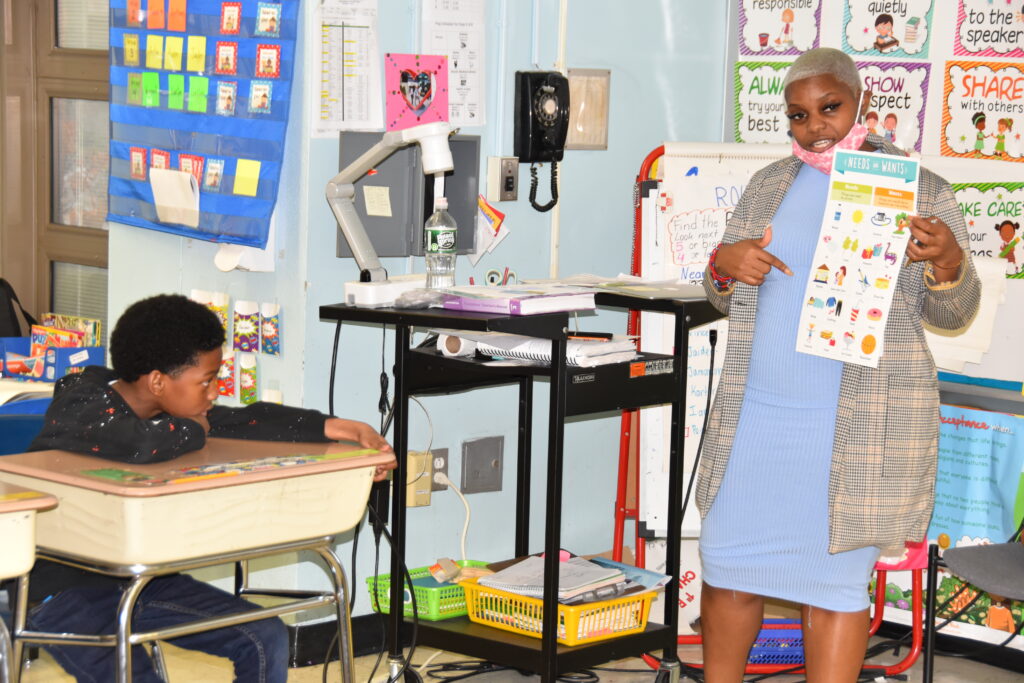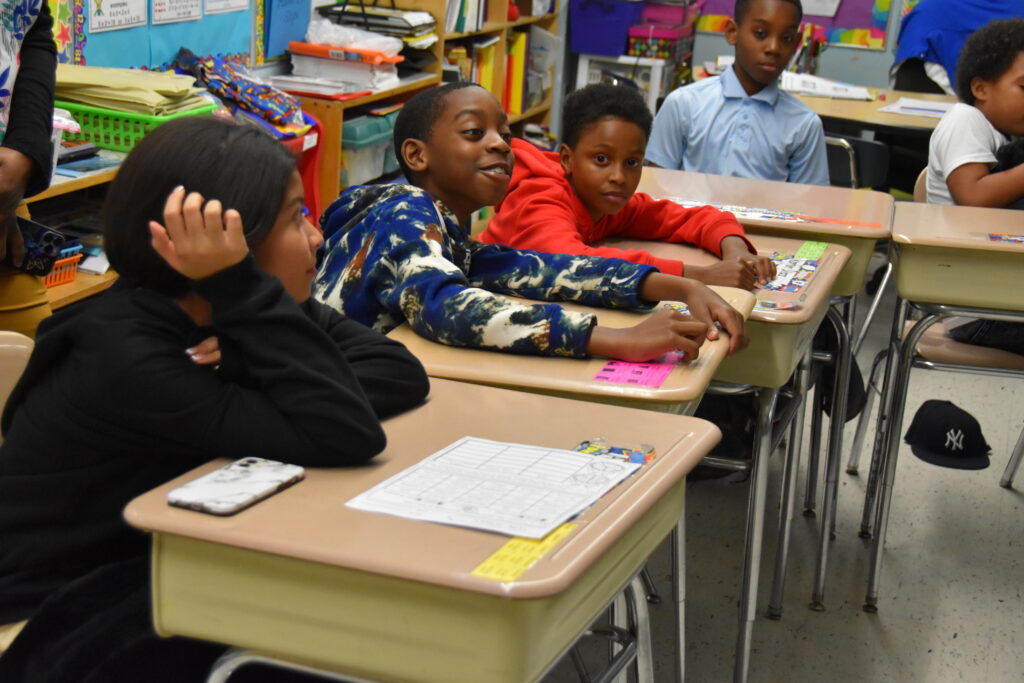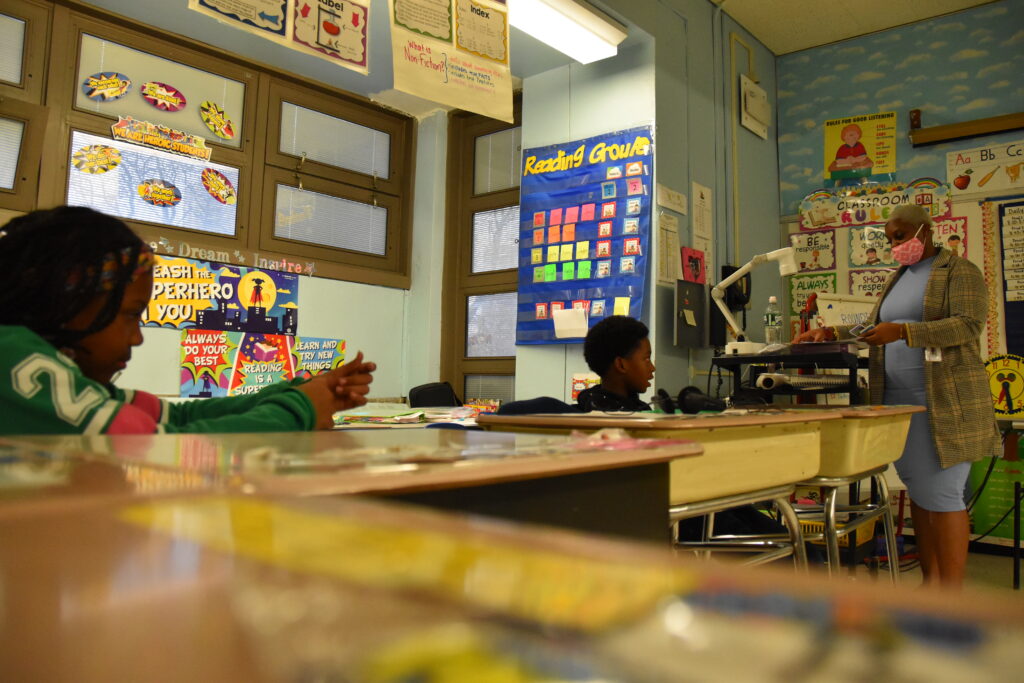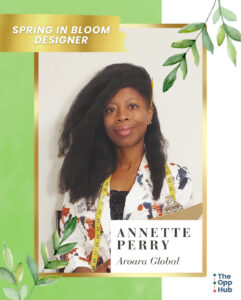
By Amanda Moses
On December 6th, fourth and fifth graders at the Spring Creek After School Program sat in their classroom at Abe Stark Primary School 346 (PS 346) discussing budgeting concepts with Noelmy Miguel, a Career and Workforce Specialist provided by the Opportunity Hub (formerly known as the Spring Creek Recreational Fund).
Financial literacy is something one is never too young to learn, especially as children grow into a post COVID-19 pandemic world with all of the economic hardships it had induced. In light of this, the Spring Creek After School Program partnered with Opportunity Hub to provide several workshops on understanding finances.

The first lesson focused on differentiating a person’s wants versus needs, and this was something that the students understood quickly, but also debated. Some of their wants, they argued, intertwined with their needs; however, Miguel helped clarify this by simply stating: “Needs are what are required to survive. So, wants are things you may just want to have with you, but you don’t need it.”
“What I need is some new underwear, socks, and clothes. But what I want is some video games,” Jeremy said.
Elijah also piped in and said, “What I need is better Wi-Fi, and what I want is a gaming center.”
Miguel explained that since the students have a basic understanding between wants and needs, it’s also important to know how to budget for these things. She then asked the children if they receive an allowance and if they attempt to save this money. She inquired if they use that money to purchase what they need or want. Some students shared that they already have debit cards, which they use to order food from mobile apps such as Seamless or to purchase food after school at the Spring Creek Shopping Center. Others stated that they are saving their money to purchase a game or an item they really want in the future.

Miguel then provided each student with a different economic scenario for them to contemplate. One child was asked what would they do if they went over their budget for the week? A fifth-grade student shared that she would borrow money from a friend and then use her next allowance to return the funds to her friend. Others said they would try to make better purchase choices and attempt to save as much money as possible.
Overall, the lesson provided stimulating conversations between the children and their instructor. The workshop even broached morality concepts, such as what would you do if you found a lost wallet. While it may feel like free money to just take, Miguel explained that it wouldn’t be fair to the owner of that wallet. It’s important to think about the repercussions before you act and speak.
Photos by Amanda Moses



